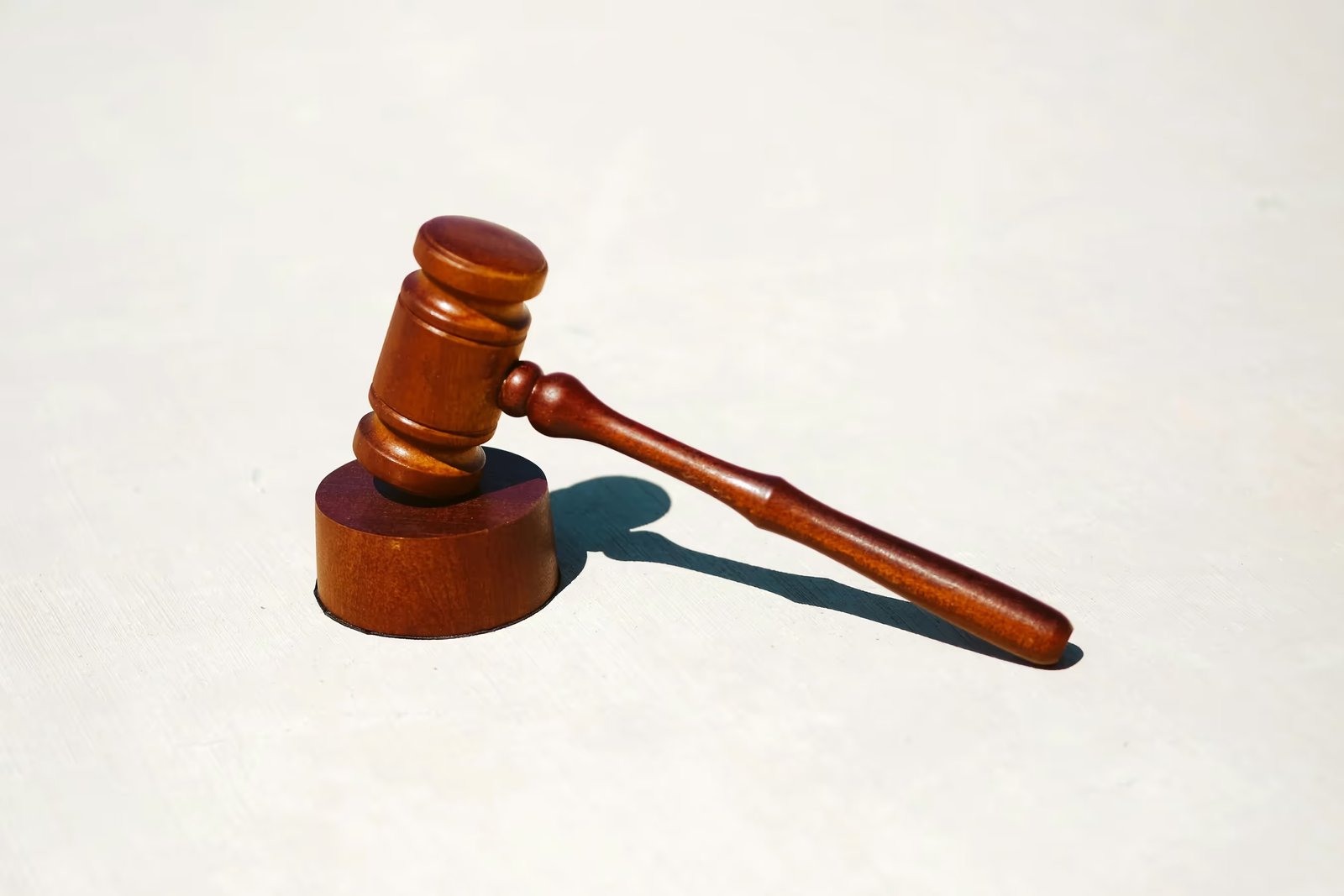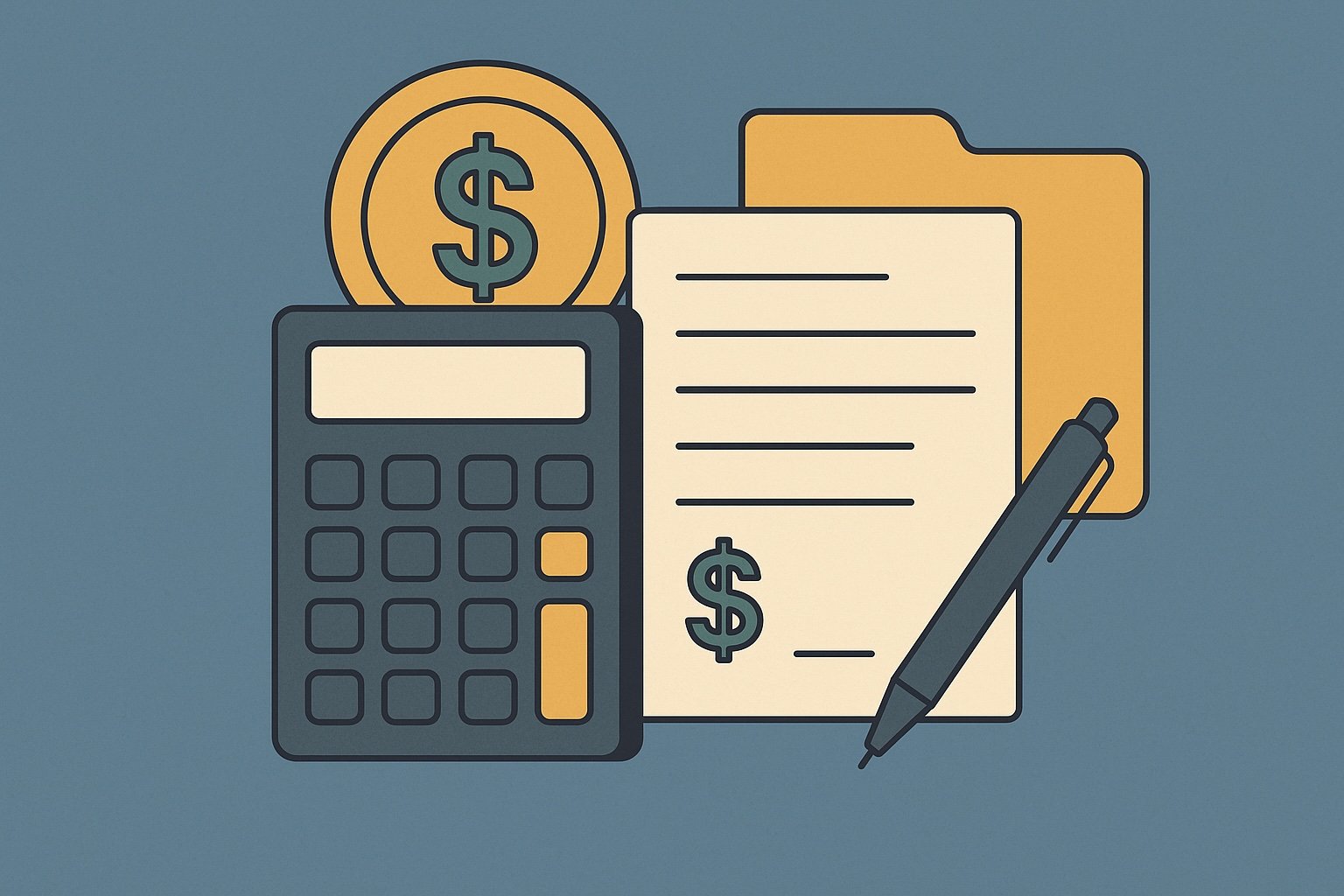Question
ARTE's Answer
When considering a 1031 exchange involving properties located outside the United States, it's important to understand the specific rules and limitations set forth by the Internal Revenue Code. Under Section 1031, real property located in the United States and real property located outside the United States are generally not considered like-kind. This means that you cannot exchange U.S. real property for foreign real property and expect to defer capital gains taxes under a 1031 exchange.
However, there are some nuances to consider. The term "United States" for the purposes of Section 1031 includes only the 50 states and the District of Columbia. This definition excludes U.S. territories such as Puerto Rico, Guam, the Northern Mariana Islands, and the U.S. Virgin Islands. Interestingly, there are special provisions that allow for 1031 exchanges involving certain U.S. territories.
For example, if you are a U.S. taxpayer subject to tax in both the U.S. and a Coordinated Territory (such as the U.S. Virgin Islands, Guam, or the Northern Mariana Islands), you may be able to exchange U.S. property for property located in these territories. This is possible due to the coordination of tax laws between the U.S. and these territories, as outlined in Sections 932 and 935 of the Internal Revenue Code. However, this does not apply to Puerto Rico, which is not considered part of the United States for these purposes.
Let's illustrate this with an example:
- You sell your Florida property for $500,000. Deferred.com, acting as your qualified intermediary, holds the proceeds from the sale.
- Within 45 days, you identify a replacement property in the U.S. Virgin Islands that you wish to acquire.
- Within 180 days, Deferred.com uses the proceeds from the sale of your Florida property to purchase the identified property in the U.S. Virgin Islands on your behalf.
By structuring the transaction this way, you can defer capital gains taxes on the sale of your Florida property, as the exchange is between properties located within the U.S. and a Coordinated Territory, and you meet the tax requirements in both jurisdictions.
It's crucial to consult with a tax professional or legal advisor to ensure compliance with all applicable tax laws and regulations, especially when dealing with cross-jurisdictional exchanges. At Deferred.com, we are here to assist you with our "No Fee Exchange" service, providing you with the expertise and support needed to navigate the complexities of 1031 exchanges.
Have more questions? Call us at 866-442-1031 or send an email to support@deferred.com to talk with an exchange officer at Deferred.
Sources
- Publication 544 (2023), Sales and Other Dispositions of Assets
- Goolsby v. Commissioner
- Section 1031 Exchanges in the U.S. Virgin Islands, Guam and Northern Mariana Islands (Article)
- Rev. Rul. 2002-83 (Related Party Exchanges)
- TAM 200039005 (Failed Reverse Exchanges)
- What To Do About Exchange Expenses in a Section 1031 Exchange? (Article)
- Deferring Losses On The Sale of Property Using 1031 Exchanges
1031 Question? Ask ARTE
Deferred's AI 1031 Research Assistant is trained on 8,000+ pages of US tax law and outperforms human CPAs by 22%+
CHAT NOW
Learn More
See more frequently asked questions about 1031 exchanges








